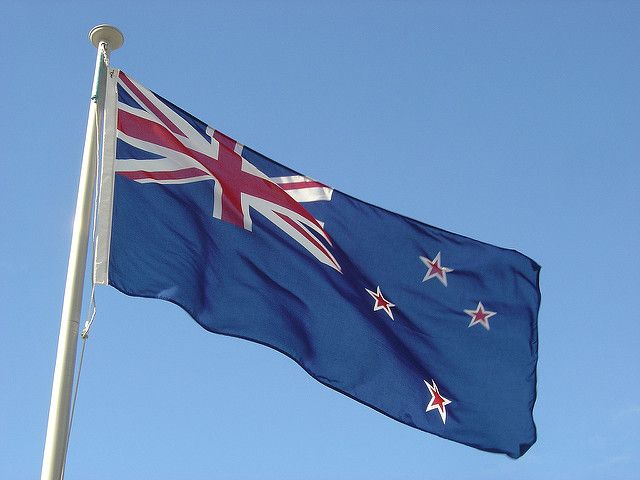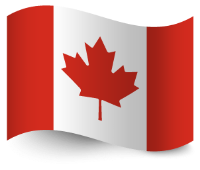 Cold sores – or the HSV-1 virus to be exact – have baffled scientists and frustrated many sufferers for years and years. Despite it being a very common infection, there has still been no success in finding a cure.
Cold sores – or the HSV-1 virus to be exact – have baffled scientists and frustrated many sufferers for years and years. Despite it being a very common infection, there has still been no success in finding a cure.
But a healthcare entrepreneur from New Zealand plans to change all that with a new trial, one of the largest of its kind.
The trial will involve 950 cold sore sufferers from the city of Tauranga. It will see how well medical grade New Zealand kanuka honey does against the infection.
The research will be carried out by Honeylab, a company that undertakes research into the medical benefits of honey and other bee products. The co-founder of Honeylab, Dr Shaun Holt, describes how an initial smaller study showed the honey's potential for being very effective against the virus. "The honey activates against the virus; and, perhaps more importantly, we know honey heals wounds and a cold sore is basically a very difficult wound to heal."
In order to conduct the study, the company has set up about 50 pharmacies around the country and is asking for people who have had a cold sore outbreak start within 48 hours to go to one of the pharmacies and try out the new treatment.
Holt hopes that the study will lead to a breakthrough in how people treat their cold sores:
"We're not just seeing if our product works, we are putting ourselves up against the best current treatment in the world. And we are trying to beat it."
Using bee products to try and tame the HSV-1 virus is not a new idea, however. Honey has been used to treat cold sores as far back as ancient Egyptian civilization.
In fact, bees have a well-earned reputation as nature's healers. They also produce propolis, which is the key ingredient Herstat uses in its cold sore ointment. Proven to heal cold sores faster than similar products in clinical trials, Herstat uses the best of the bees to provide sufferers with the best cold sore remedy.












